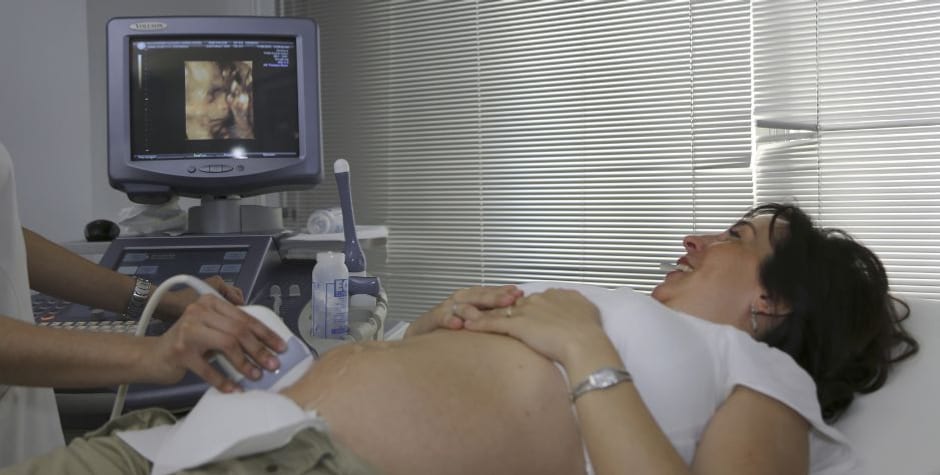

Advocating for the Protection of the Unborn Child: New UPR Submissions
Advocating for the Protection of the Unborn
The European Centre for Law and Justice (ECLJ) continues its work at the United Nations to advocate for the protection of the right to life. During the 47th session of the Universal Periodic Review, the ECLJ presented several reports highlighting blatant violations of international commitments regarding the protection of the unborn child in several countries (Refer to our article on the persecution of Christians for a brief explanation of what the UPR is).
Violation of commitments to protect life: Albania, Equatorial Guinea, and Norway
Albania, while acknowledging in its Constitution and legislation the need to protect human life, does not effectively combat sex-selective abortion. According to estimates, over the past 10 years, more than 21,000 girls have been aborted simply because they were "girls." Using abortion as a means to control the number of girls a family should have, is not only immoral but also violates the Programme of Action of the 1994 Cairo Conference on Population and Development, which prohibits Member States from using abortion as a method of contraception. Furthermore, despite legal prohibition, abortions beyond 12 weeks of pregnancy persist due to medical corruption. Despite accepting the majority of recommendations at its last periodic review in 2019, Albania still seems far from guaranteeing adequate protection of life at all stages of development.
Equatorial Guinea, on the other hand, allows abortion under strictly defined circumstances, such as protecting the mother's health. However, a new law adopted in November 2020 now allows abortion in cases where the fetus has a serious pathology. By adopting the terminology of "serious pathology incompatible with normal life", like other states, this legislation opens the door to various interpretations and especially to eugenics. Indeed, many doctors interpret this vague wording as allowing the abortion of children with Down syndrome, even if they are viable fetuses capable of living happily. Furthermore, some tests for detecting disabilities are unreliable but indicate a probability of a handicap. Thus, women may abort fetuses that are actually healthy. Equatorial Guinea should protect the life of the unborn child without discrimination based on the presence or absence of a pathology.
Despite its status as a developed country, Norway allows abortion on demand, even after the 25th week of pregnancy, based on vague criteria such as "social or economic factors." Despite the increase in abortions of children with Down syndrome, no recommendations have been made to Norway. In 2022, 11,967 unborn children were aborted. 4% of abortions were performed after 25 weeks, for fetal malformation, social reasons, or to protect the mother's life. All these vague reasons can be used to conceal abortion on demand at any stage of pregnancy. This alarming policy leads to an increase in abortions of children with Down syndrome and questions the inherent value of each human life.
Dominica, an exemplary exception
Dominica, located in the Caribbean, is a remarkable exception in terms of protecting life. Resisting international pressures to extend the right to abortion, including those from Mexico, it maintains restrictive abortion legislation based on strong constitutional principles guaranteeing protection of life from conception. This position illustrates the country's commitment to respecting human dignity and the life of the unborn child.
Call for protection of life at all stages
The protection of human life, from conception to death, is a fundamental moral and legal imperative. The principles of dignity, equality, and respect for life are enshrined in numerous international treaties, such as the Universal Declaration of Human Rights, the Convention on the Rights of the Child, and the Charter of the United Nations. These legal instruments recognize the inherent right of every individual to life and call on Member States to guarantee its protection. It is imperative, therefore, that States respect their international commitments regarding the protection of human life.
Overall, the ECLJ urges these countries to reform their abortion legislation to ensure adequate protection of life at all stages of human development, in accordance with international standards and fundamental principles of human dignity.
By Milly-Gloria Itangivyiza












